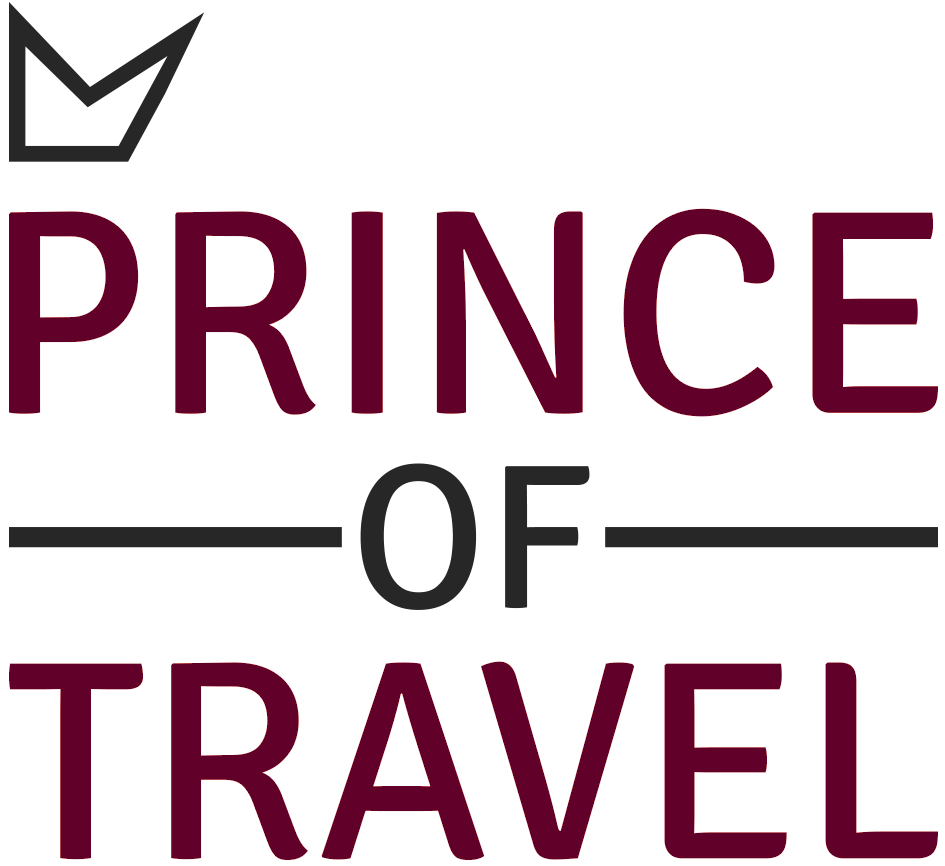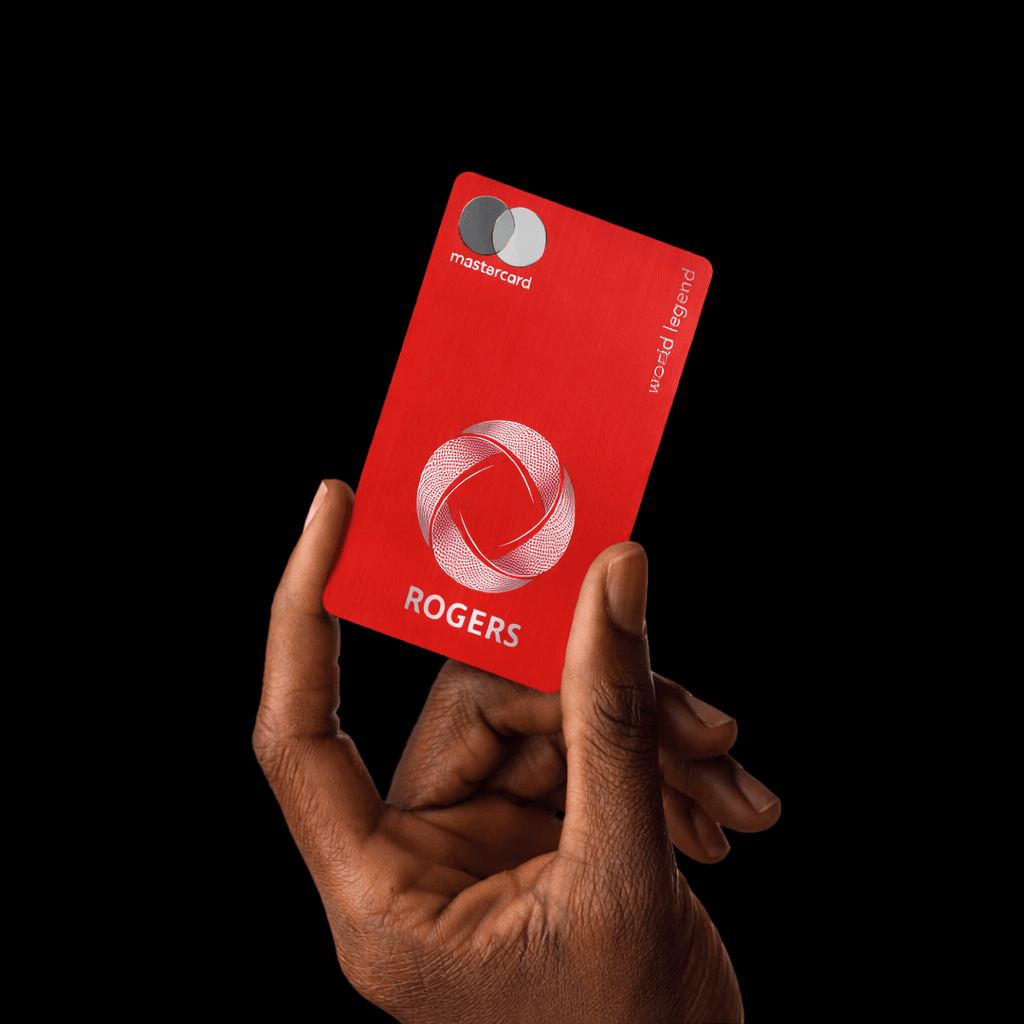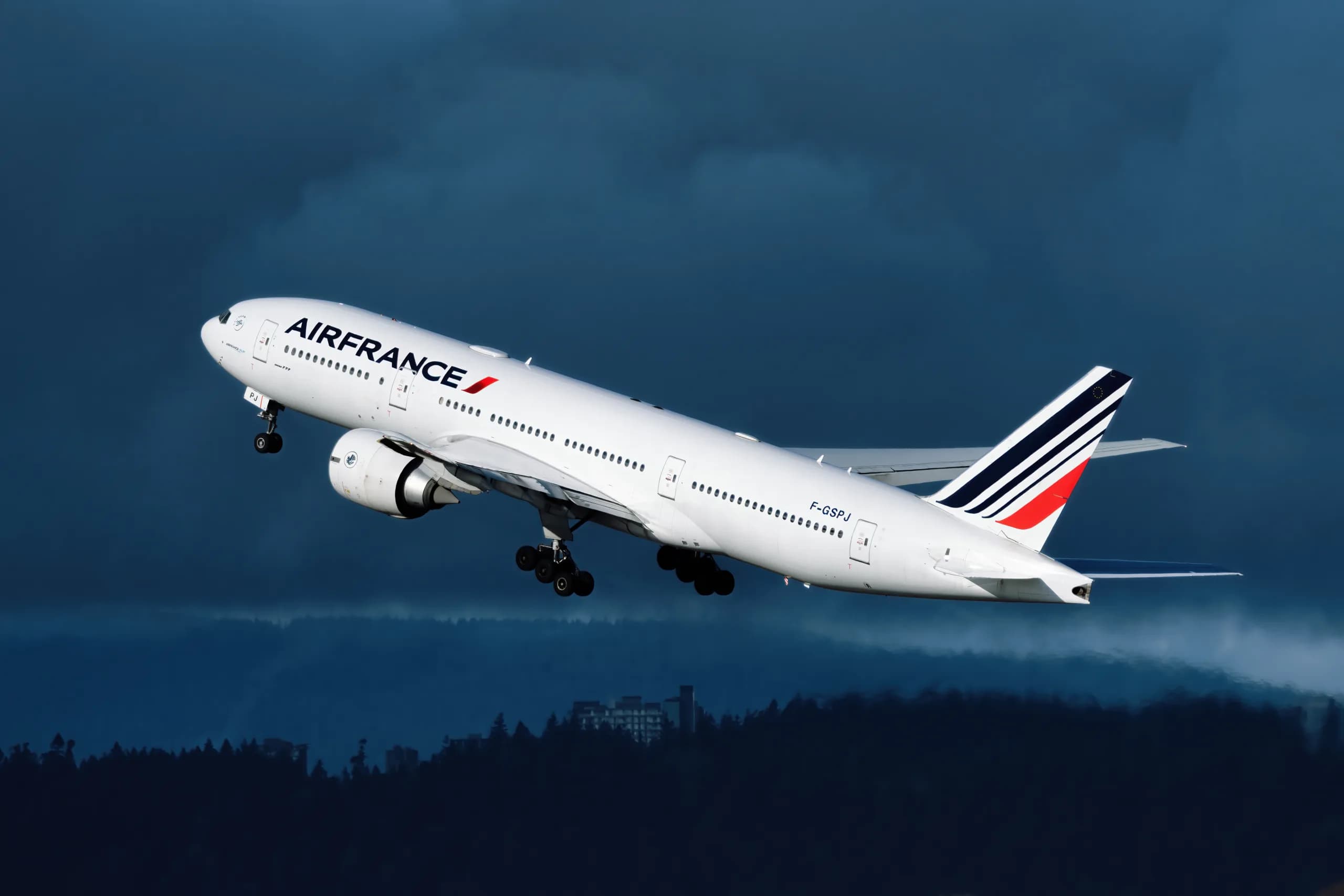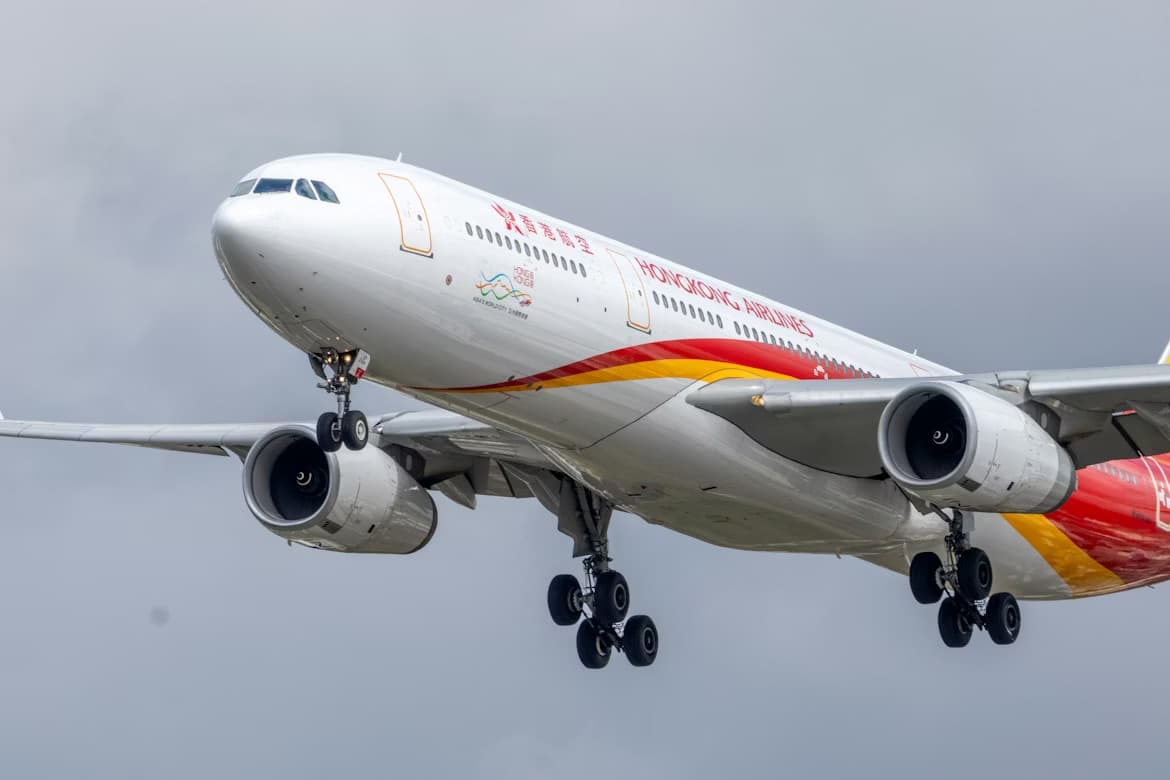RBC & WestJet Announce Updates to Co-Branded Credit Cards

Starting November 5, 2025, WestJet and RBC will introduce a suite of changes to both the WestJet RBC® World Elite Mastercard‡ and the WestJet RBC® Mastercard‡.
These are the first major updates since 2019, designed to make the cards more competitive in Canada’s travel rewards market, though some changes come with new strings attached.
It’s also encouraging to see that RBC and WestJet are actively investing in their co-branded cards.
Recently, they launched the new WestJet RBC® World Elite Mastercard‡ for Business, and now they’re refreshing the personal cards too, demonstrating ongoing commitment to their co-branded cards and adapting to Canada’s fast-changing credit card landscape.
Let’s take a look into details of each card.
What’s Changing with the WestJet RBC® World Elite Mastercard‡
| WestJet RBC® World Elite Mastercardǂ | Current | After Nov 5, 2025 |
|---|---|---|
| Annual Fee | $119 | $139 |
| Earning Rate | 2 WS pts/$ on WestJet flights and vacations 1.5 WS pts/$ on all other purchases | 2 WS pts/$ on WestJet flights, WestJet and Sunwing Vacations, grocery, gas, EV charging, transit, and rideshare 1.5 WS pts/$ on all other purchases |
| Round-trip Annual Companion Voucher | No minimum spend requirement Exchange for 4 lounge passes | $5,000 annual spend required to obtain a companion voucher starting in your second year New exchange options: 30% flight discount for solo travellers in economy $200 WestJet Vacations or Sunwing Vacations credit Two lounge passes |
| Free Checked Bag | Up to eight guests if cardholder's WestJet Rewards ID is attached to the booking | Up to eight guests if WestJet flight is paid using WestJet RBC® World Elite Mastercardǂ and WestJet Rewards ID is attached to the booking |
| Insurance | Travel accident, trip interruption, auto rental, purchase security, and extended warranty | Trip cancellation and mobile device insurance is being added |
| Status Lift | Earn $200 Tier Qualifying Spend for every $5,000 spend | No changes |
The World Elite card is seeing both improvements and a slight fee bump. The annual fee will rise from $119 to $139, which isn’t great, but it’s still pretty standard for cards in the Visa Infinite and World Elite tier.
On the earning side, cardholders will now get 2 WestJet points per dollar spent on WestJet flights, WestJet and Sunwing Vacations, as well as on groceries, gas, EV charging, transit, and rideshares.
This is a big step forward in making the card more rewarding for day-to-day spending, though the absence of dining and Costco purchases feels like a missed opportunity.
Everything else continues to earn at 1.5 WestJet points per dollar spent, which remains competitive.
The round-trip annual companion voucher is also being reworked. Starting in the second year, you’ll need to spend $5,000 annually to unlock it.
The good news is that this threshold is relatively low and achievable for most cardholders.

Plus, WestJet is adding flexibility.
Instead of just using the voucher for a companion flight, you can now exchange it for a 30% discount on a solo economy ticket, a $200 credit for WestJet or Sunwing Vacations, or two lounge passes.
A Note on Timing for Companion Vouchers
The new $5,000 annual spend requirement only applies starting with your second-year voucher and onwards. Your first voucher as a new cardholder isn’t affected.
If you’re a current cardholder and you receive your voucher before November 5, 2025, your next voucher (issued in 2026 on your usual anniversary date) will also come without any spend requirement.
The same goes for new applicants: if you apply now and receive your first voucher before November 5, 2025, your second-year voucher will still be issued automatically, with no spending threshold.
On the other hand, if your voucher date falls after November 5, 2025 (say, November 20), then your next one in 2026 will require $5,000 in spending between November 21, 2025, and November 20, 2026.
If you’ve been on the fence about this card, now is the time to act — applying this month (September 2025) ensures you lock in not just your first voucher, but also your second one without a spend requirement.
Insurance coverage is getting a boost too, with Trip Cancellation and Mobile Device insurance added to the existing package.
Meanwhile, the first checked bag benefit is being tweaked.
Your ticket must be paid with the card for it to apply, leaving some ambiguity about whether it works on bookings fully paid with OTAs.
Leisure travellers likely won’t notice much difference, but it’s unclear how this will work for those travelling on company-issued tickets booked through corporate portals, or for anyone redeeming flexible points such as Avion points towards WestJet flights via the RBC Air Travel Redemption Schedule.
What’s Changing with the WestJet RBC® Mastercard‡
| WestJet RBC® Mastercardǂ | Current | After Nov 5, 2025 |
|---|---|---|
| Annual Fee | $39 | $39 (no change) |
| Earning Rate | 1.5 WS pts/$ on WestJet flights and vacations 1 WS pts/$ on all other purchases | 1.5 WS pts/$ on WestJet flights, WestJet and Sunwing Vacations, restaurant, food delivery, and digital subscriptions 1 WS pts/$ on all other purchases |
| Round-trip Annual Companion Voucher | No minimum spend requirement | $2,500 annual spend required to obtain a companion voucher starting in your second year New exchange options: 25% flight discount for solo travellers in economy 5,000 WestJet points that don't expire |
| Insurance | Travel accident, auto rental, purchase security, and extended warranty | Mobile device insurance is being added |
The entry-level WestJet card keeps its $39 annual fee, but adds new everyday accelerators.
You’ll now earn 1.5 WestJet points per dollar spent on WestJet flights, WestJet and Sunwing Vacations, restaurants and food delivery, and digital subscriptions, while all other purchases continue to earn 1 WestJet points per dollar spent.
Similar to the World Elite, the companion voucher now comes with a minimum spend requirement.
You’ll need to spend $2,500 on the card each year to receive it starting in the second year.
The voucher also gets more flexible, with the option to swap it for a 25% discount on a solo economy ticket or 5,000 WestJet points that don’t expire.
Insurance is also improved with the addition of Mobile Device insurance, which is surprisingly rare for a card at this fee level.
These changes are purely positive, since everything is an improvement while the annual fee stays the same.
The only tweak is the $2,500 spend requirement for the companion voucher after year one, but even then, the bar is very modest.
My Honest Thoughts on These Updates
Overall, these changes push both cards into a stronger everyday spending role.
The addition of groceries, gas, transit, restaurants, and subscriptions as bonus categories will make them far more rewarding to actually keep in your wallet.
The fee increase on the World Elite isn’t ideal, but it keeps the card priced in line with competitors.
And while the minimum spend requirements on the companion vouchers will require tracking, the thresholds are relatively low, and frankly, most cardholders will hit them without much effort.
Still, there are drawbacks.
The change to the free checked bag benefit adds some uncertainty to what was once a straightforward perk, and the cards continue to lack outsized redemption opportunities.
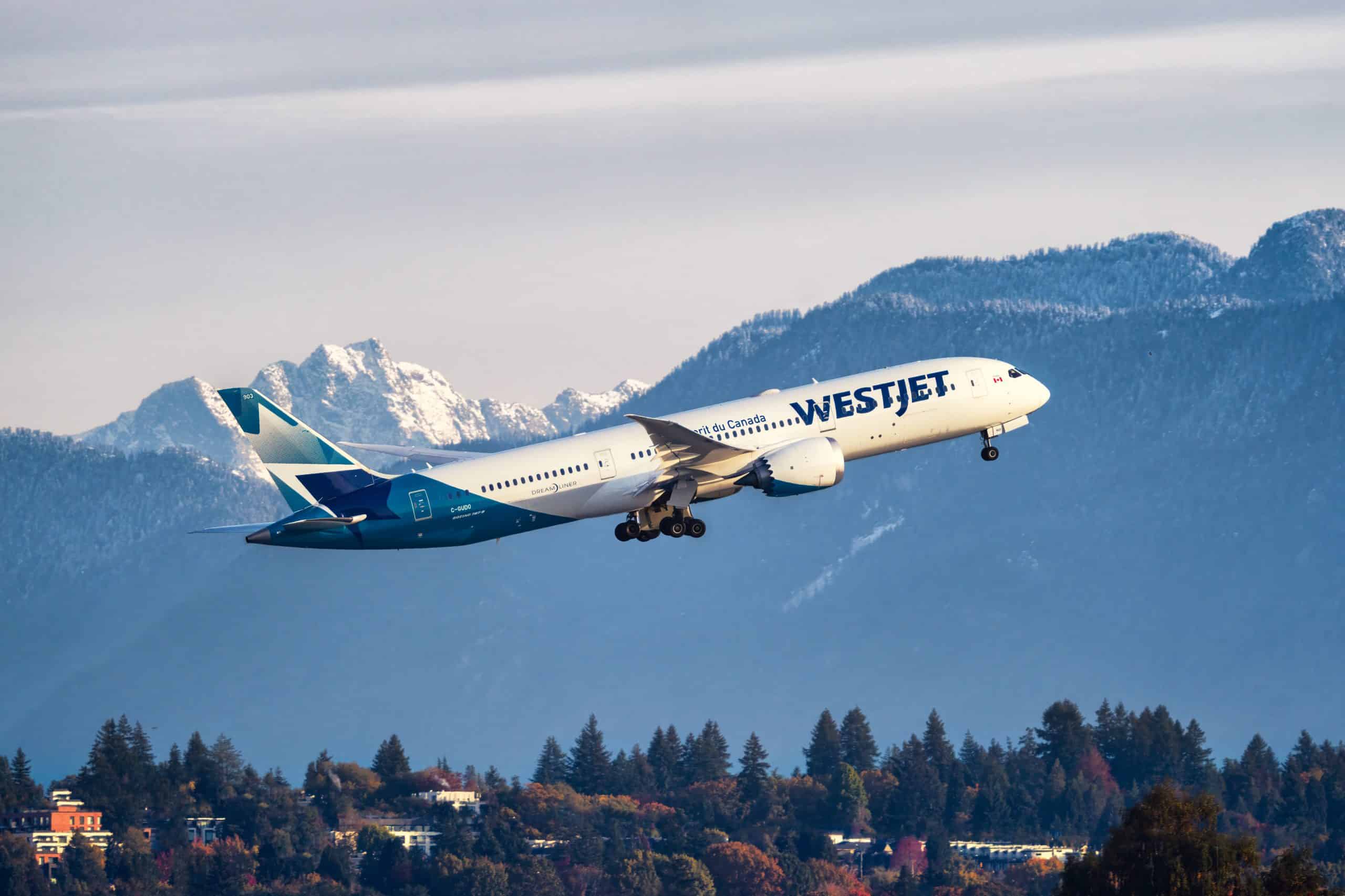
The new accelerators are where things get more interesting.
Everyday earn on groceries, gas, and transit makes the World Elite much more competitive, but I can’t help but notice the split in strategy: the base card gets accelerated earning in dining and food delivery but not grocery, while the World Elite gets multiplier in grocery but not dining.
Now, this is purely my own speculation, but it almost feels intentional.
Higher-income cardholders (the ones who qualify for World Elite) might be more likely to dine out and order delivery, while base-card holders may be more focused on groceries and cooking at home.
If that’s the case, WestJet could be trying to minimize the cost of rewards payouts by steering each card toward slightly different spending behaviours.
Again, just a hypothesis, but an interesting one.
At the end of the day though, if your main goal is to maximize everyday spend, the RBC ION+ Visa remains the better play.
It earns 3x on groceries, dining, gas, and transit, all at a lower annual fee, and you can still transfer those points 1:1 into WestJet Rewards.
Unless you really value the checked bag benefit or companion voucher, the ION+ is tough to beat.

The Optimized RBC Credit Card Portfolio
Read moreFinally, I think WestJet missed the chance to add something exclusive for cardholders, whether that’s preferred pricing, priority Elevation Lounge access, or discounts on seat selection and upgrades.
Those little touches could have made the cards much more compelling for frequent travellers.
Conclusion
The updates to the WestJet RBC cards show that RBC and WestJet aren’t letting their co-brand stagnate.
Between the new business card, expanded earn categories, and more flexible companion vouchers, these products are clearly being positioned to stay relevant in a market that’s moving quickly.
Yes, there are a few trade-offs like the fee increase, spend requirements, and a bit of ambiguity with the checked bag perk.
And I still wish WestJet had added something truly exclusive for cardholders, whether that’s lounge access, preferred pricing, or a small discount on seat upgrades.
But overall, this is a meaningful refresh that makes the cards easier to justify holding and actually using day to day.
For those who put steady spend on the cards, these updates are a net win, and a welcome sign that RBC and WestJet are serious about competing in Canada’s travel credit card space.

Jason thrives on connecting with the heart of a destination, seeking out experiences that go beyond the guidebooks.
First-year value
$1,080
Annual fee: $120
• Earn 35,000 points on approval
• Earn 20,000 points upon spending $5,000 in the first 6 months
Earning rates
Key perks
- Transfer to BA Avios, Cathay, WestJet, AA
- DoorDash DashPass for 12 months
- Petro-Canada 3c/L savings + 20% bonus Petro-Points

Annual fee: $120
• Earn 35,000 points on approval
• Earn 20,000 points upon spending $5,000 in the first 6 months
Earning rates
Key perks
- Transfer to BA Avios, Cathay, WestJet, AA
- DoorDash DashPass for 12 months
- Petro-Canada 3c/L savings + 20% bonus Petro-Points
